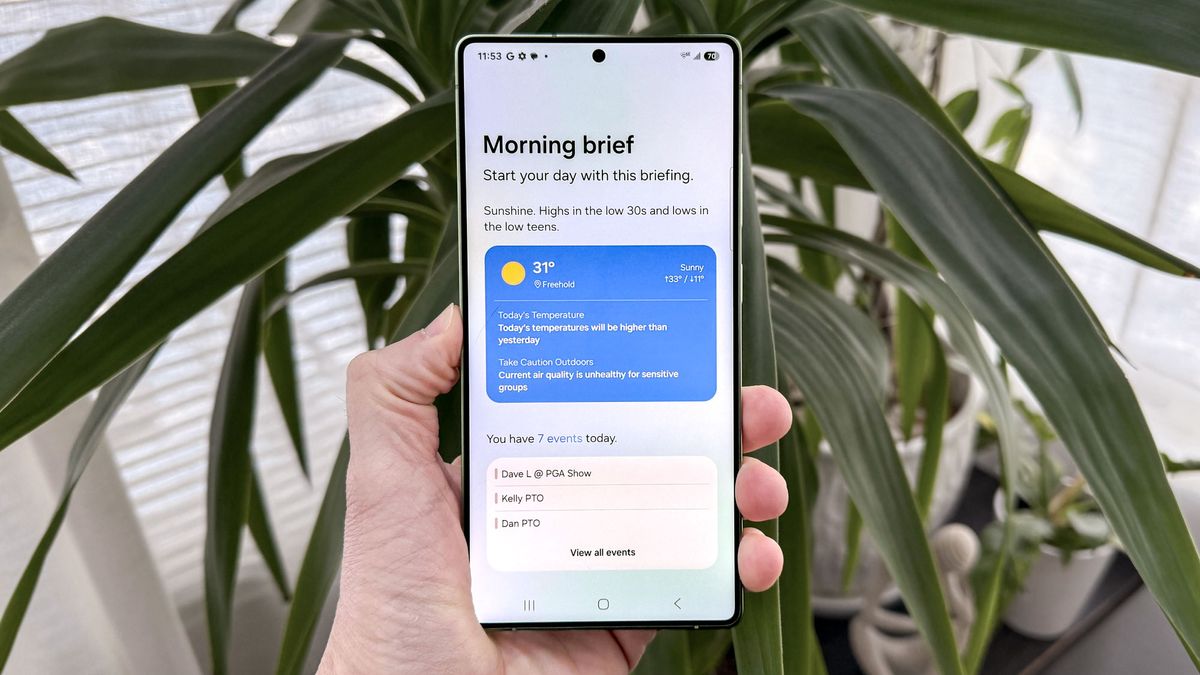
Samsung’s Personal Data Engine is a big addition to the Galaxy S25 — here’s why
- 24.03.2025 08:06
- tomsguide.com
- Keywords: Personal Data Engine, Galaxy S25, One UI 7
Samsung’s Personal Data Engine enhances the Galaxy S25 with AI-driven personalization and security, storing sensitive information securely in Knox Vault and offering tailored experiences while safeguarding privacy.